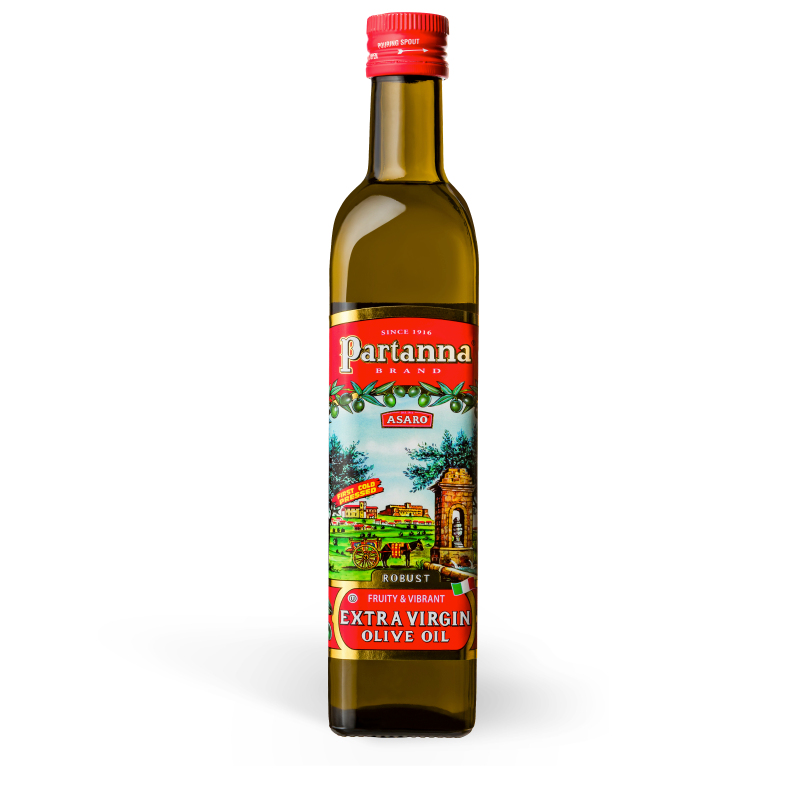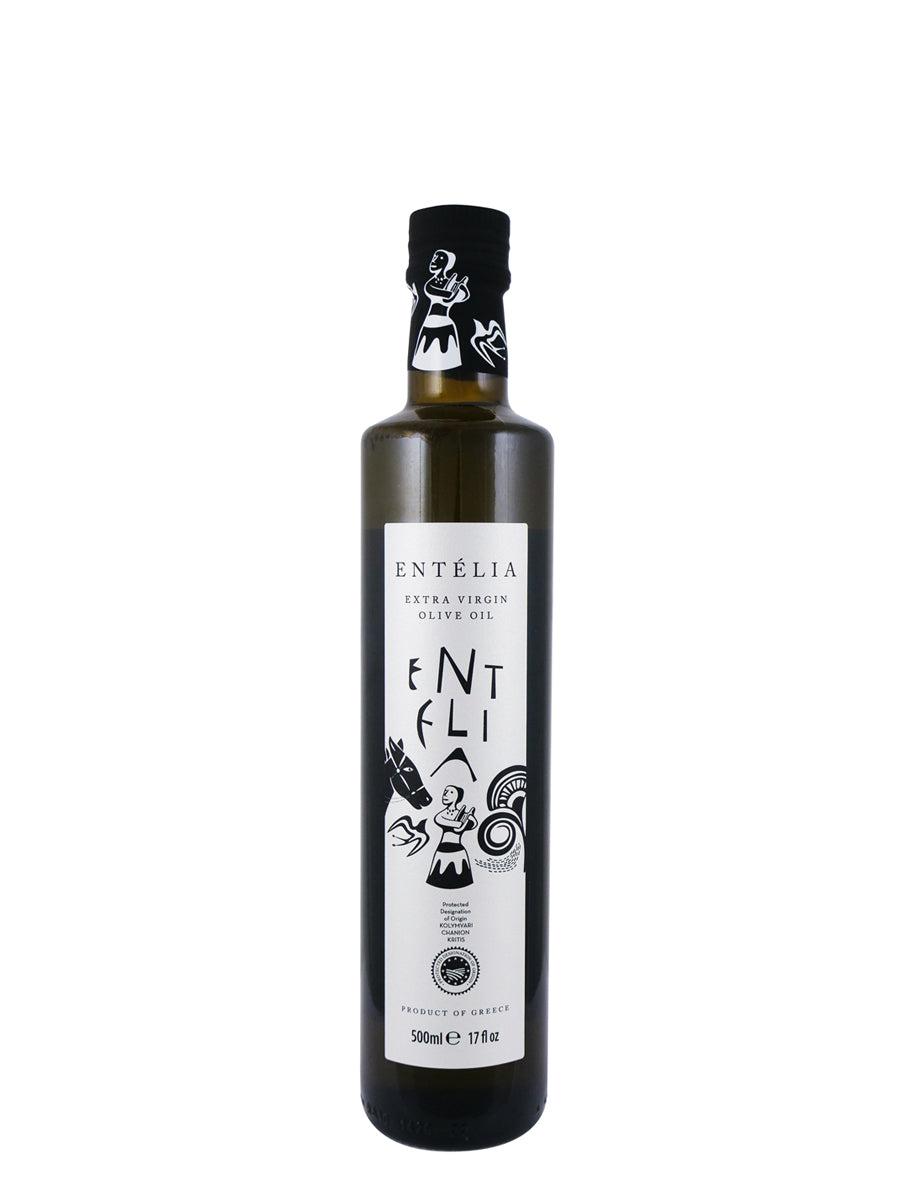Exploring the Various Kinds Of Olive Oil and Their Uses, Consisting Of Additional Virgin Olive Oil
The exploration of olive oil includes a diverse array of types, each offering culinary applications and unique tastes. Extra virgin olive oil, renowned for its remarkable top quality and health and wellness advantages, serves as a staple in lots of cooking areas, yet it is only one facet of this diverse active ingredient.
What Is Olive Oil?
Derived from the fruit of the olive tree, olive oil is a staple in Mediterranean food and a vital ingredient in various culinary applications. This flexible oil is generated by pressing entire olives, causing a fluid that differs in taste, aroma, and color depending on the sort of olives used, the region of cultivation, and the extraction process. Olive oil is mostly made up of monounsaturated fats, specifically oleic acid, which is recognized for its possible wellness advantages, consisting of anti-inflammatory homes and cardio assistance.
In enhancement to its cooking usages, olive oil has a lengthy background of application in standard medication and skin care, owing to its abundant antioxidant material (extra virgin olive oil benefits). The oil is commonly made use of in dressings, marinates, and for cooking techniques such as sautéing and roasting. Its distinctive taste account can improve the taste of various dishes, making it an important component for both home cooks and professional chefs
In addition, olive oil is commemorated for its function in the Mediterranean diet plan, which is related to many health and wellness benefits. As recognition of these benefits grows, olive oil continues to obtain popularity worldwide as an essential component of a healthy and balanced way of living.
Sorts Of Olive Oil
Recognizing the numerous types of olive oil is essential for both health-conscious consumers and cooking lovers. Olive oil is classified mostly based on its removal method and high quality, which significantly influences its health and wellness, aroma, and taste advantages.

Light olive oil, in spite of its name, refers to a lighter flavor and not reduced calories. It is ideal for those seeking an extra subtle taste in sauces and dressings. Furthermore, there are flavored olive oils instilled with natural herbs, flavors, or citrus, which can enhance recipes without the requirement for additional flavoring.
Each kind of olive oil serves particular culinary functions, and recognizing these distinctions allows customers to make enlightened options that align with their cooking styles and health and wellness goals.
Additional Virgin Olive Oil
Bonus virgin olive oil (EVOO) is extensively considered the best olive oil readily available, popular for its abundant flavor and numerous health and wellness benefits. To be categorized as added virgin, the oil should be produced from fresh olives making use of mechanical processes, without making use of solvents or excessive heat. This careful method protects the oil's natural flavors, anti-oxidants, and healthy fats, leading to a product with a low level of acidity degree of much less than 0.8%.
EVOO is abundant in monounsaturated fats, especially oleic acid, which is connected to decreased inflammation and link boosted heart health. It additionally consists of polyphenols, powerful antioxidants that may offer protective impacts against persistent conditions. The taste profile of EVOO can differ significantly relying on the olive selection and region of production, varying from fruity and grassy to durable you can look here and sharp.

Culinary Use Olive Oil

In food preparation, olive oil can be utilized for sautéing, roasting, and cooking, providing a healthier choice to butter or other fats. Its high smoke point makes it appropriate for numerous cooking approaches, while its anti-oxidants add to a heart-healthy diet regimen. Sprinkling olive oil over finished meals, such as pasta, fish, or barbequed veggies, can elevate tastes and add a touch of elegance.
Additionally, olive oil plays a significant role in cooking, where it can change traditional fats in dishes for bread and breads, passing on wetness and a refined taste. It also offers as a base for instilled oils, enabling chefs to experiment with tastes such as garlic, herbs, or chili, better increasing its cooking potential. On the whole, olive oil's convenience makes it vital in both home and professional cooking areas.
Deciding On Quality Olive Oil
When selecting quality olive oil, it's vital to take into consideration several essential elements that influence the item's scent, flavor, and health and wellness benefits. Primarily, choose added virgin olive oil (EVOO), which is obtained from the initial chilly pushing of olives and contains the greatest degrees of antioxidants and valuable compounds. Search for oils that are licensed by recognized organizations, as this usually ensures adherence to strict top quality criteria.
The packaging also plays a considerable duty in preserving the oil's stability. Select oils kept in dark glass containers or tins to shield versus light degradation. Pay attention to the harvest date; fresher oils use remarkable taste and dietary worth, so pick items that are within 18 months of their harvest.
On top of that, consider the origin of the oil. Premium olive oils commonly originate from specific regions known for their distinct taste accounts, such as Italian, Spanish, or Greek oils. Ultimately, recognize the preference; a top quality olive oil need to have a balance of fruity, bitter, and sharp notes, showing its splendor and intricacy. By examining these elements, you can ensure you are choosing the very best olive oil for your cooking requirements.
Verdict
In recap, the expedition of various types of olive oil reveals unique Website qualities and applications, with additional virgin olive oil representing the peak of high quality due to its reduced acidity and high antioxidant web content. Understanding the various selections of olive oil enables for educated choices in food preparation techniques, advertising healthier methods while improving the overall gastronomic experience.
Obtained from the fruit of the olive tree, olive oil is a staple in Mediterranean food and a key component in numerous culinary applications.The most usual types of olive oil include improved olive oil, pure olive oil, and light olive oil.Bonus virgin olive oil (EVOO) is widely related to as the highest possible quality olive oil offered, renowned for its rich flavor and countless health benefits. Choose for additional virgin olive oil (EVOO), which is acquired from the initial cold pressing of olives and includes the highest levels of antioxidants and helpful substances.In recap, the expedition of various types of olive oil reveals distinct qualities and applications, with added virgin olive oil representing the pinnacle of quality due to its low acidity and high antioxidant content.